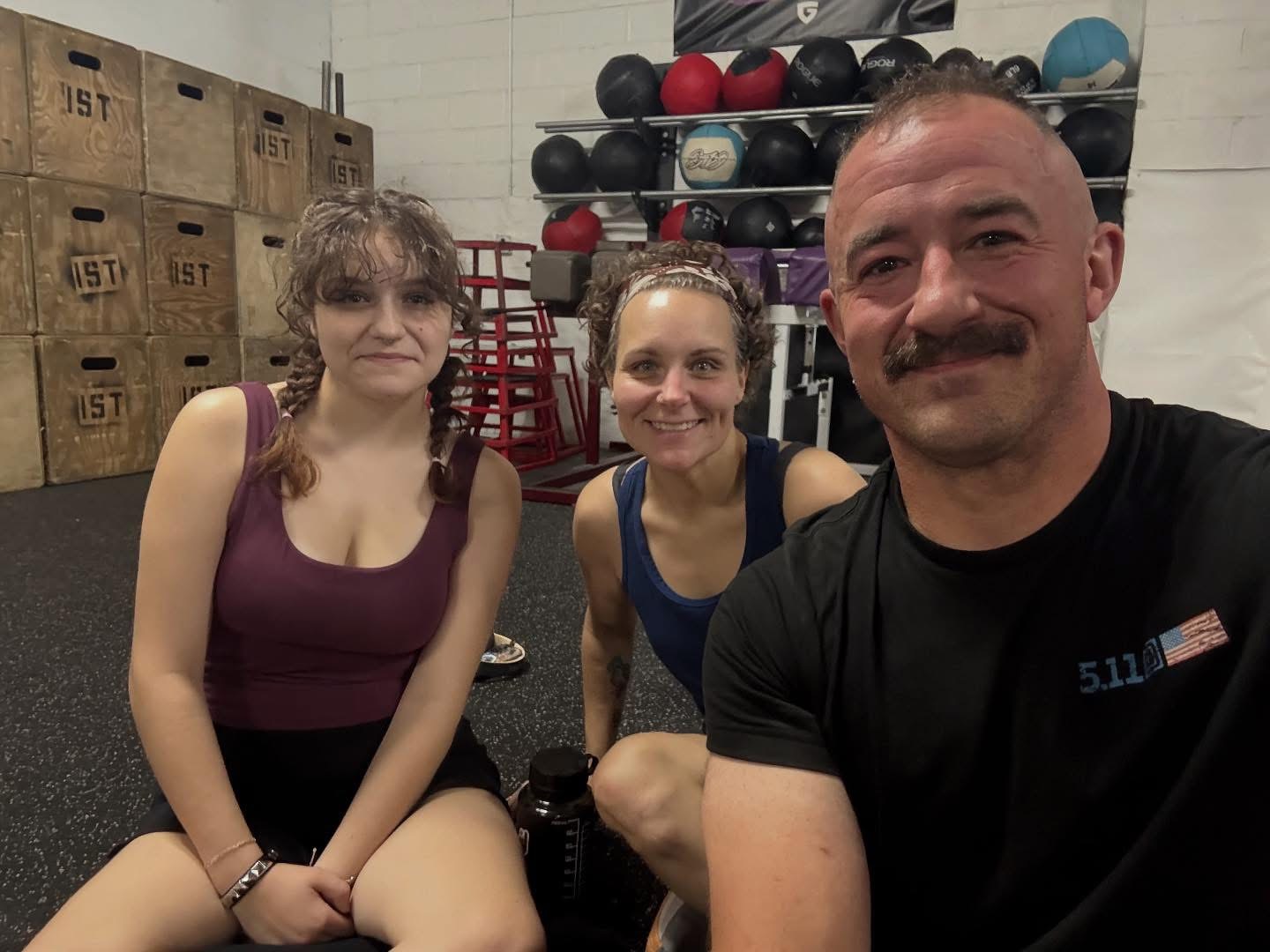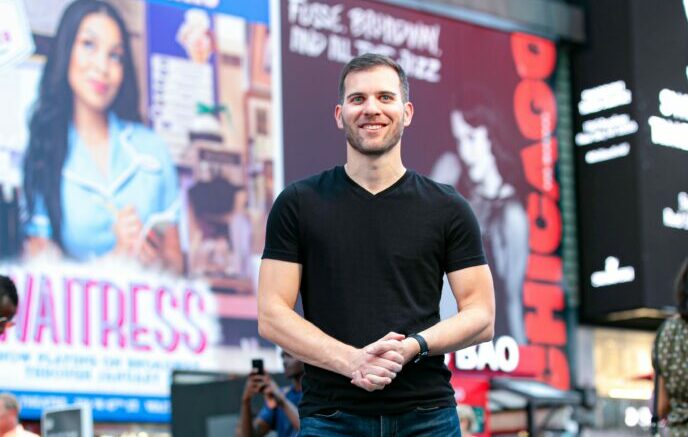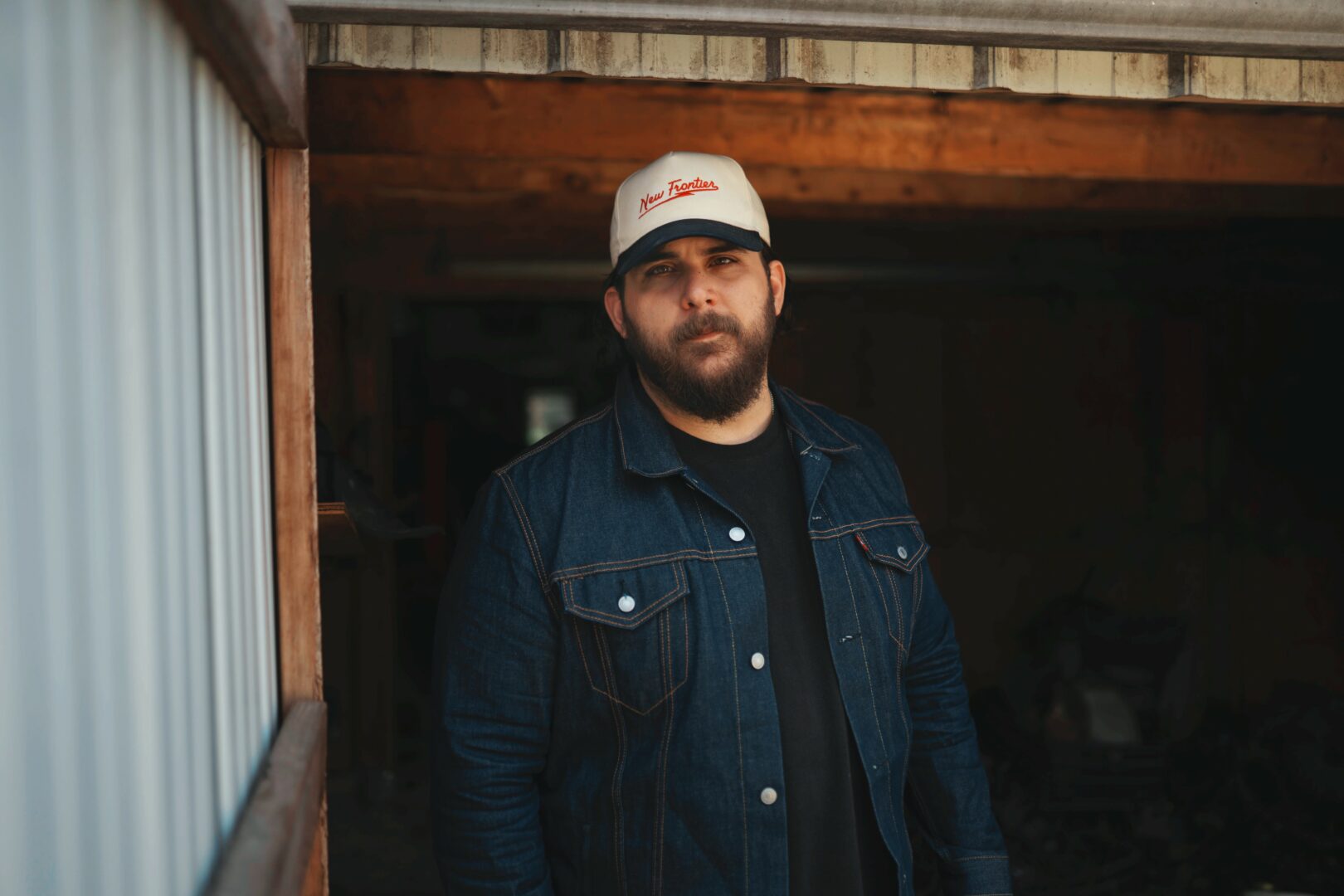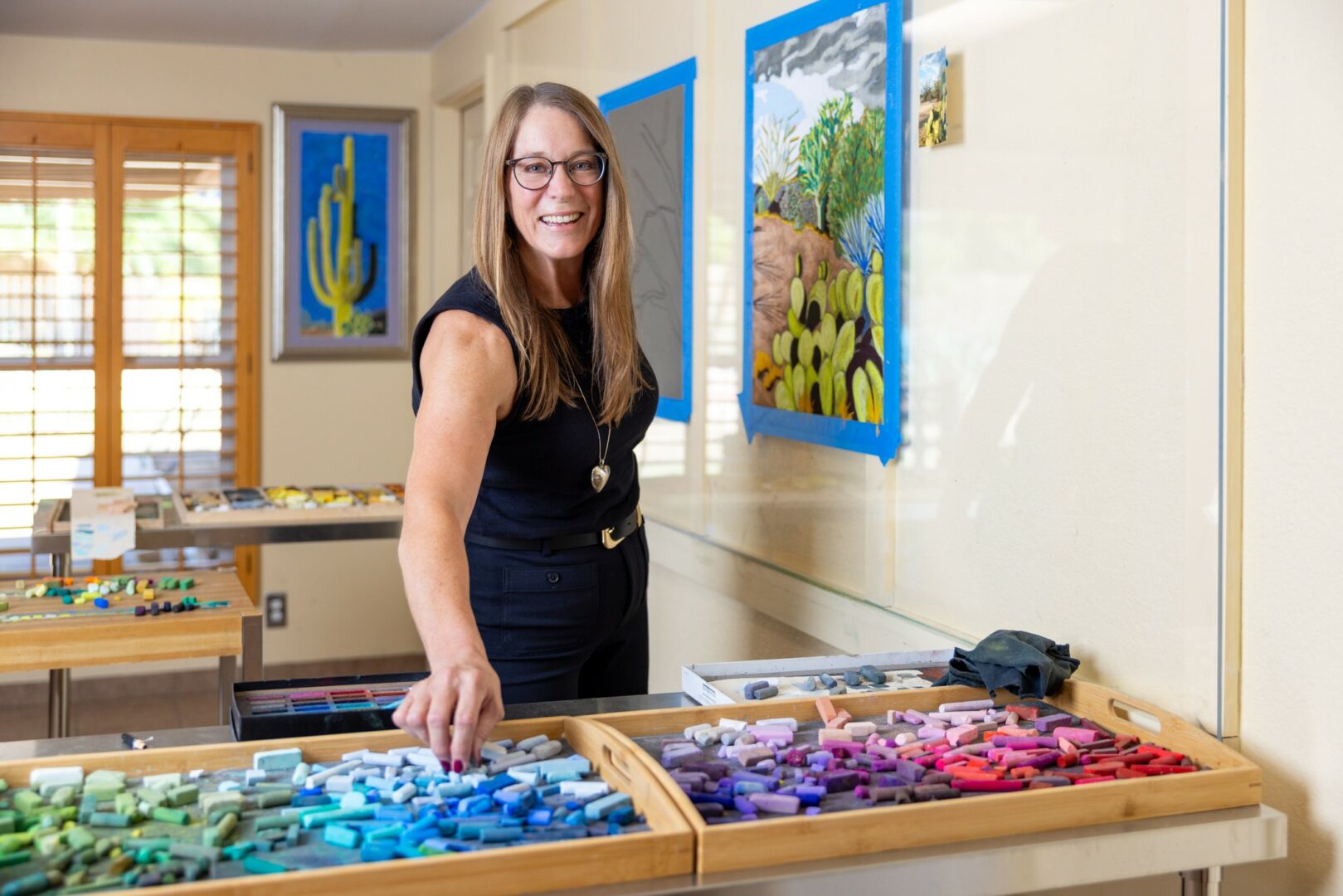We caught up with the brilliant and insightful Andrew Beck a few weeks ago and have shared our conversation below.
Andrew , so good to have you with us today. We’ve always been impressed with folks who have a very clear sense of purpose and so maybe we can jump right in and talk about how you found your purpose?
I found my purpose through two non-profits located in Minnesota and Wisconsin. I spent four years in the Marines and twenty-one years as a firefighter/paramedic. For most of my adult life, I lived and worked in a culture that shunned mental health. As both a veteran and first responder, we live with the mentality of, don’t show weakness and suck it up. Two years ago, I applied to both 23rd Veteran and Hogs for Heroes. 23rd Veteran is a 14-week mental and physical wellness program aimed at helping veterans and first responders adjust to civilian life, and gives them a space to openly discuss mental health. Hogs for Heroes is a Wisconsin non-profit that gifts Harley motorcycles to disabled veterans. H4H intends to provide veterans with wind therapy. It is not a reward for service, but a tool to help with their mental health.
By participating in both of these programs, I have been allowed to address my own mental health in a way that I’ve never felt comfortable doing before. They have also given me the courage to share my story in the hopes that it helps someone else seek the help they need.
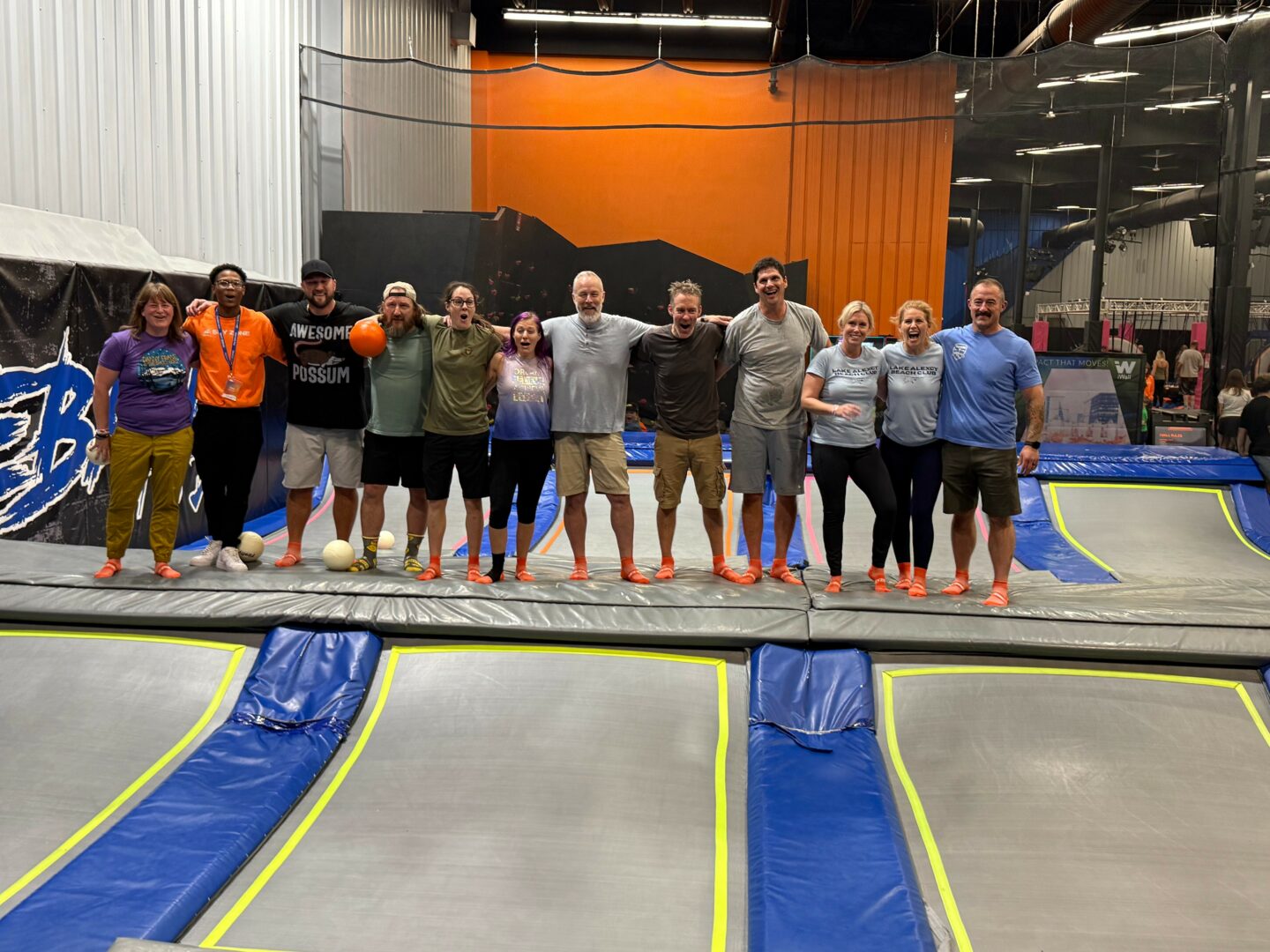
Let’s take a small detour – maybe you can share a bit about yourself before we dive back into some of the other questions we had for you?
I am not an employee of 23rd Veteran, but I am a participant and graduate of the program. To give a good idea of the program and how it works, I need to tell the story of how I ended up signing up for the program. I served in the Marine Corps from 2000-2004 as an artilleryman and had two deployments during that time. The first deployment was a routine shipboard deployment where we sailed around the western Pacific. There are Marines on ships all over the globe, and they can have boots on the ground anywhere in the world in 24 hours. After returning from that first deployment, I was back in California for six months, then flew to Kuwait in early 2003. Eventually, I was part of the initial invasion into Iraq. During that time in the Marines, we did not discuss mental health; we were expected to be tough and move on like nothing happened.
Less than a year after returning from Iraq, I was honorably discharged and moved back to Minnesota. Less than six months after that, I moved to northern Wisconsin, where I began my career in the fire service. The fire service had an almost identical approach to mental health. We were expected to go from one call to the other and ignore the traumas we saw and experienced. Over the years, I went down the path that so many first responders do, and I found myself drinking heavily, pretending that I was fine, which eventually led to my divorce.
After my divorce, I found myself in a new fire department, living in a new city, and started a new relationship. Things were looking up for a while, and I felt myself on an upward swing. That lasted for a bit, but eventually I found myself going back down that familiar path. My wife insisted I try therapy, so I went to the VA to start that process. I went to just enough appointments where I felt that I could justify saying I tried it, and eventually stopped going. I wasn’t actually ready to admit I needed help.
Eventually, that led to the fall of 2023. During a routine building survey at work, I ended up on the roof, thirteen stories up. I am not a fan of heights, but for some reason, I decided to walk to the edge and peeked over. When I did that, I heard the voice, it said, It’s only two steps, and it all goes away. The anger, depression, anxiety, and drinking all end. That was my wake-up call. I knew right there that I would not do that to my wife, my kids, or my crew at work. I knew I needed help. Within two weeks of that, I received an email from 23rd Veteran letting me know when the next group would be going. It turned out that I had vacation time for the first week that I needed off, so I agreed to go.
How the program works:
It is a fourteen-week process. The first week is an outdoor wellness adventure. 8-12 veterans and first responders, complete strangers usually, board a plane and spend a week completely off grid and disconnected from the world. I remember the first night on the trail, and the guide simply asked, why are you here? I decided that if this process was going to fail, it wasn’t going to be because I didn’t try. So, I raised my hand, went first, and explained everything I had been struggling with. It all came out naturally and without hesitation. There were things I confessed to that I hadn’t even admitted to myself before that. By the end of that first week, we were as close as any tribe can be. Upon returning, we then spent the next thirteen weeks getting together three days a week for a workout, and then more positive psychology discussions after the workout. In addition to the workouts, we get together every other Saturday for an event out in the community. These events are intended to get the participants outside their comfort zone.. Many veterans and first responders avoid loud and busy environments and tend to isolate. The goal of the Saturday events is to experience these uncomfortable situations with a group that you trust.
When I discuss the program, I say one of the reasons that it is successful is that it takes the clinical aspect out of it. Most veterans and first responders tend to avoid the traditional therapy methods. 23rd Veteran has now sent nineteen groups through the Recon program. After my experience going through the program in 2024, I have had numerous opportunities to speak on behalf of the program and share my story. It has given me the courage to share my story of struggle and have an impact on other veterans and first responders. Early this year, I was asked to go through the program a second time as the leader of the group. Just last week we had the graduation ceremony where I had the honor of seeing 13 fellow vets and first responders reclaim their lives and improve their mental health through this program.
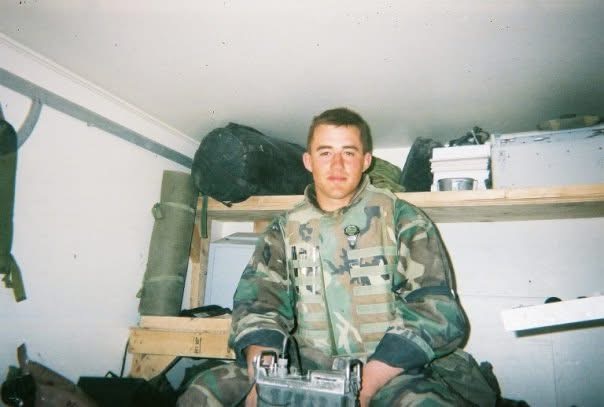
If you had to pick three qualities that are most important to develop, which three would you say matter most?
I think one of the most important skills is the ability to put yourself in a position that is beyond your normal comfort zone and be willing to be a little uncomfortable. Over time, when we try new things and occasionally fail, we tend to let that comfort zone get smaller and smaller. Eventually, that leads to being suffocated by our own fears and unwillingness to try new things. 23rd Veterans encourages us to break out of that cocoon of fear. We often live with the mentality of, what if it doesn’t work? What if the risk isn’t worth it? I’ve come to challenge myself to say, what if it does work? I’ve learned over the last two years that good things do happen when I do things outside my normal sphere.
Gratitude is another important skill. I call it a skill because it’s something that has to be practiced to become efficient at. Gratitude can be on a small scale or large. Finding even the small things every day to be grateful for is important and will have an impact on your mental health day after day.
I think the most important area of knowledge I’ve addressed over the last couple of years is the knowledge of who I am and who I want to be. I’ve spent a lot of time in self-reflection and learning about myself. That’s an area I ignored for a very long time. I was hyper-focused on being a provider for everyone else that I ended up neglecting my own self-interest.
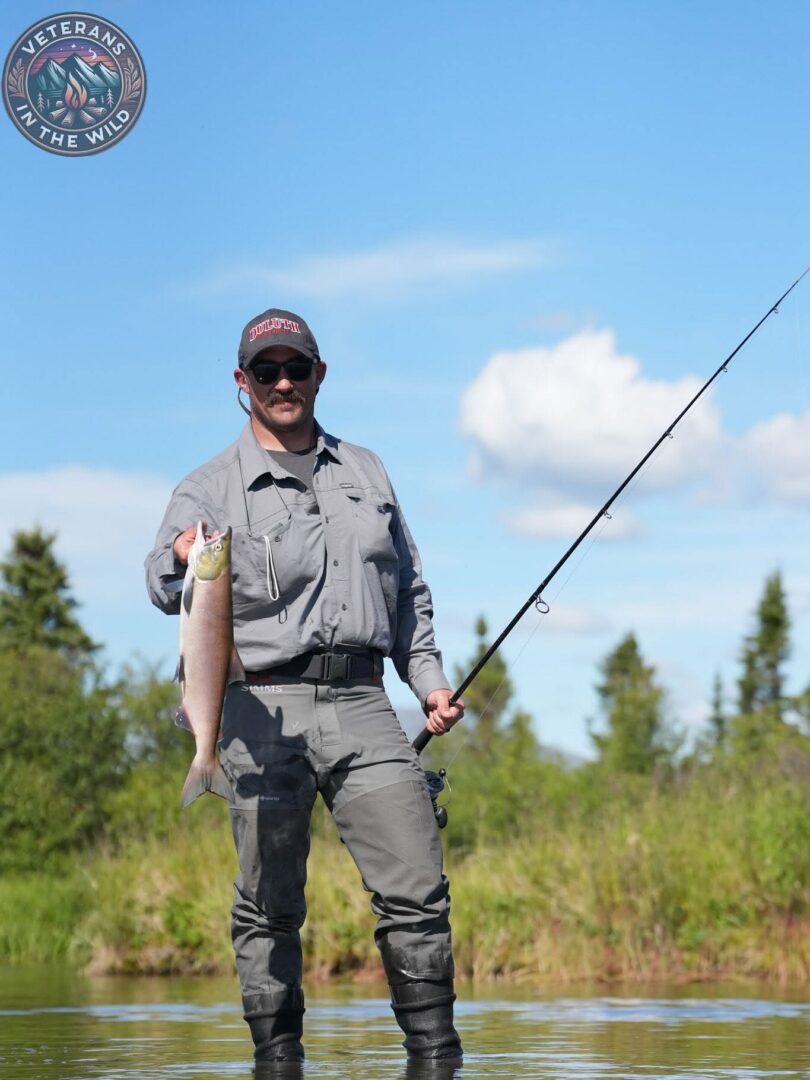
Okay, so before we go, is there anyone you’d like to shoutout for the role they’ve played in helping you develop the essential skills or overcome challenges along the way?
Matthew Rosky is the program director of 23rd Veteran. Matt was essential in recruiting me for my first recon experience. Throughout the program, he supported the group and helped guide our journey of healing and growth. Matt is the person who invited me to be the group coordinator for my second time participating in the program. Through his guidance and leadership, I learned to let go of my self-doubt and supported my growth as a leader. Whenever I had doubts about my ability to lead the group, he supported me and helped me believe in myself.
Matt had complete faith in me long before I had it in myself. He truly taught me that I am capable of whatever I set my mind to.
Contact Info:
- Website: https://23rdveteran.org
- Facebook: https://www.facebook.com/andy0844
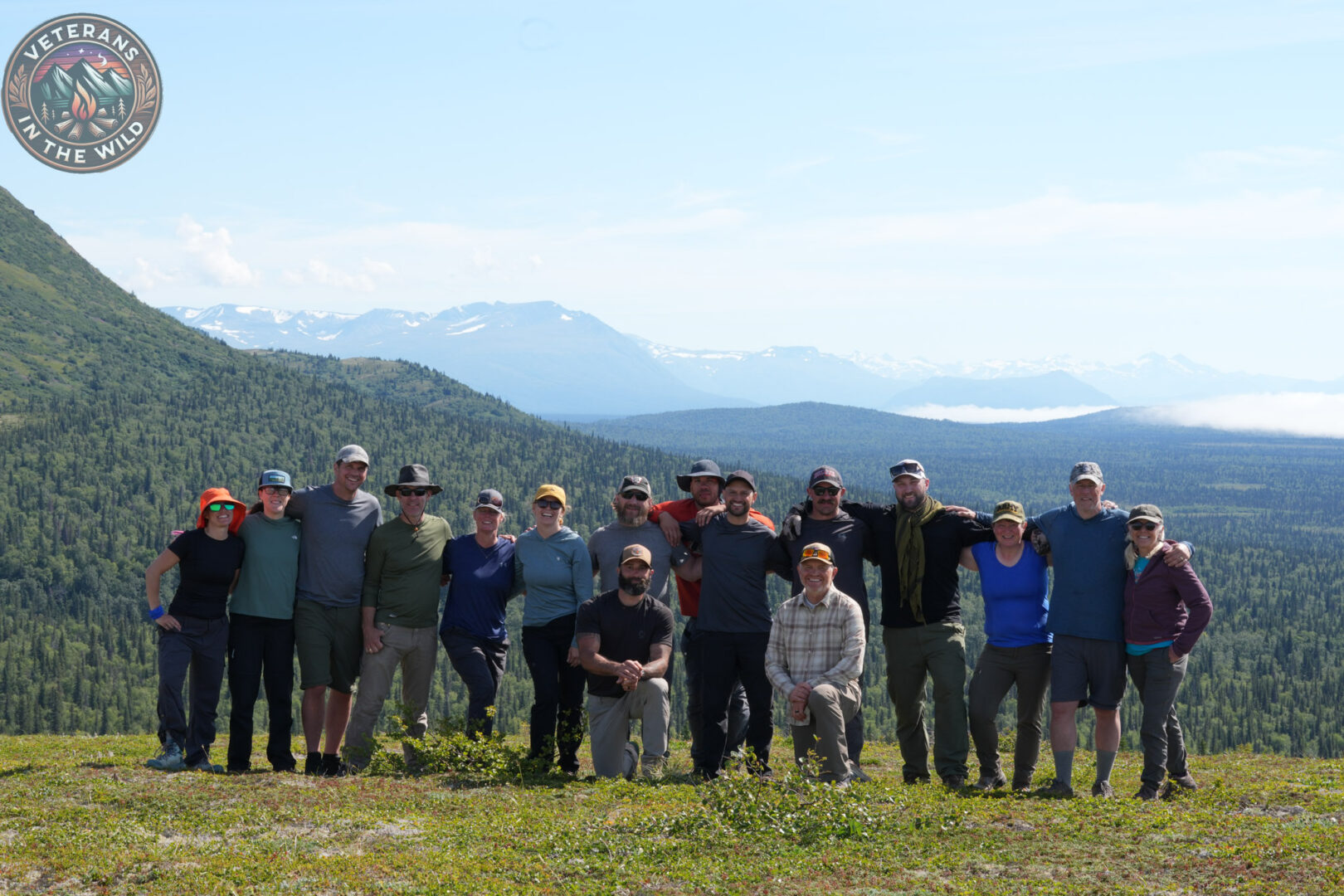
so if you or someone you know deserves recognition please let us know here.

